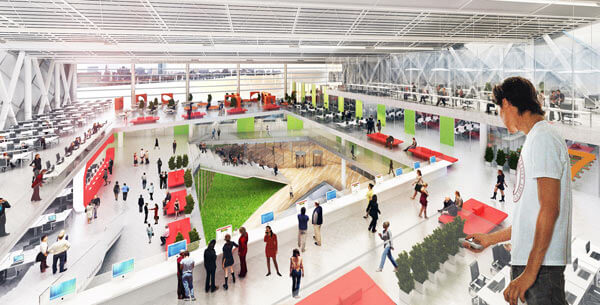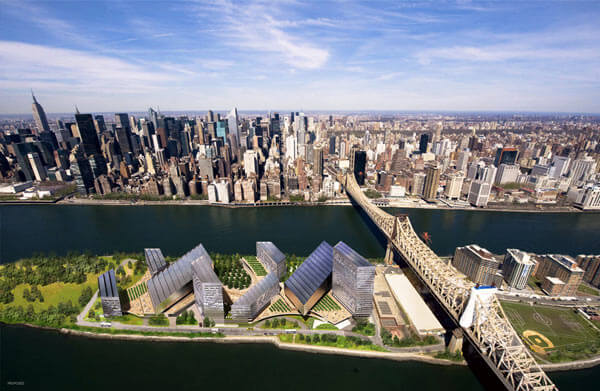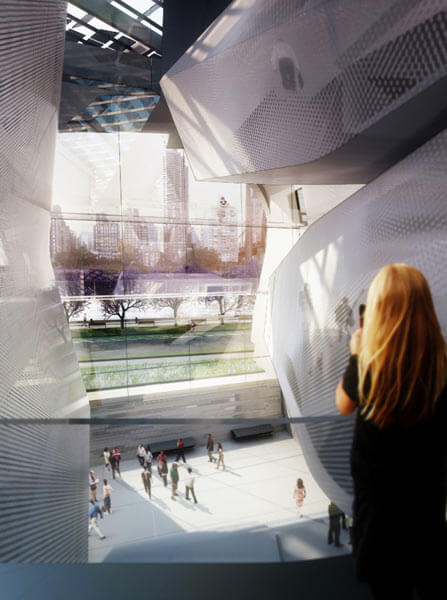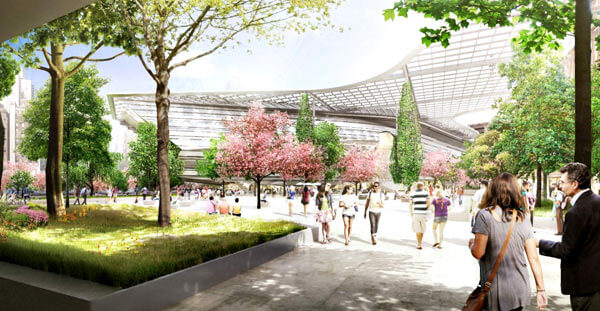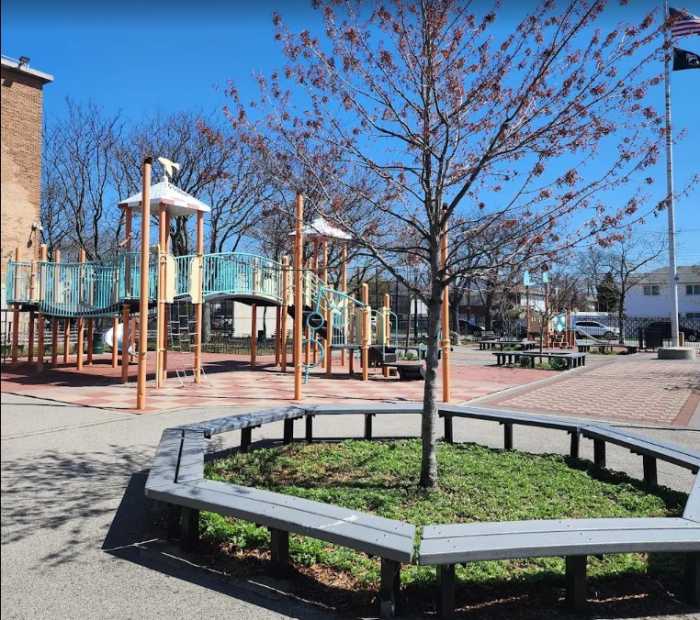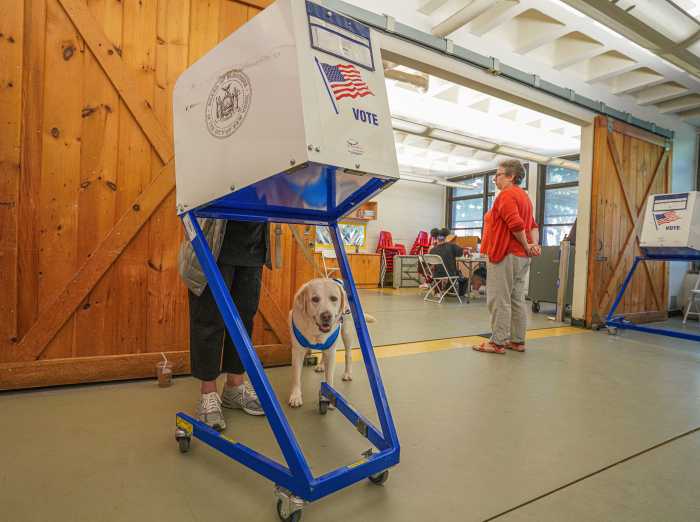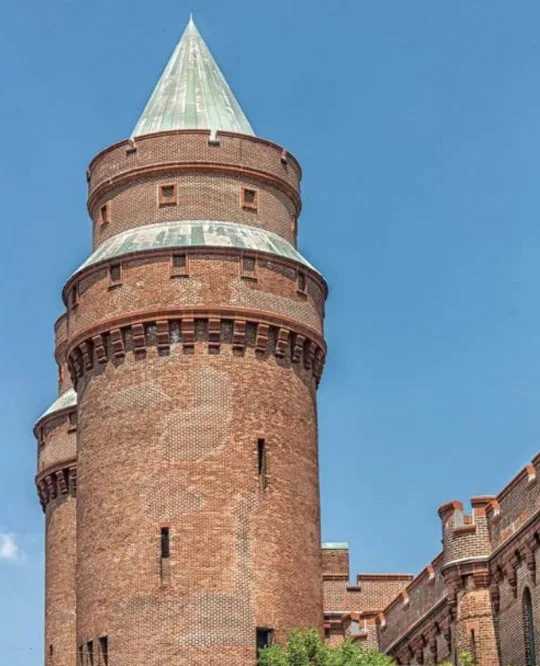By Phil Corso
Even though it will not be built in the same borough, Roosevelt Island’s soon-to-be hub of all things technology will still translate into new opportunities for startups in Queens, city and university leaders said.
A brand new Cornell/Technion consortium has been chosen to eventually transform Manhattan’s Roosevelt Island, which is connected to Astoria by a bridge and a mere stone’s throw away, into a home for innovation. The plan was mapped to include a 2 million-square-foot housing complex for up to 2,500 students and nearly 280 faculty members projected to populate the campus by 2043, according to Cornell University.
Its proximity to Queens has energized tech leaders in the borough, although at least one visionary was disappointed that the new Cornell/Tech campus did not end up at Willets Point.
The consortium is setting out to attract the most innovative and technical minds to spur entrepreneurial growth throughout New York City, administrators said. The new campus was designed in part to encourage real-world commercial applications and technology leadership, the school said
Jukay Hsu, the Flushing founder of the Coalition for Queens, had initially pushed the city to tap the Willets Point section of Queens as the go-to technology destination as Mayor Michael Bloomberg researched where to fulfill part of his Applied Sciences NYC initiative.
The mayor ultimately passed on the borough, but Hsu said there were still vast innovation possibilities in Queens. Hsu described Long Island City as an especially exciting area for technological growth because of its large number of industrial spaces and warehouses – perfect breeding grounds for tech startups and entrepreneurs.
“I think there’s huge potential with Cornell affecting and catalyzing western Queens,” said Hsu, whose nonprofit coalition promotes the tech industry. “Right now, there’s a great vibrant start-up community there with so many great companies.”
He said the new campus should attract an even greater culture of innovation to his home borough to supplement a thriving community, citing the coalition’s own Queens Tech Meetup monthly gatherings as a prime example.
The science and engineering project landed in Roosevelt Island through a partnership between Bloomberg, Cornell University and Technion-Israel Institute of Technology.
“We are deeply gratified to have the opportunity to realize Mayor Bloomberg’s vision for New York City: to prepare tomorrow’s expanding talent pool of tech leaders and entrepreneurs to work with the city’s key industries in growing tomorrow’s innovation ecosystem,” Cornell President David Skorton said when the plan was announced in 2011. “We are going to put our plan to work, tapping into our extensive connections throughout the city and build a truly 21st century campus to fuel the creation of new businesses and new industries throughout the city for decades to come.”
Cornell/Technion took the first step in 2012 by installing a temporary location in Chelsea, with the first phase of the permanent Roosevelt Island campus expected to open no later than 2017. And within the following decade, the college said the campus will have expanded to more than 1.3 million square feet.
Once it is finished, the tech campus will make way for an influx of full-time graduate engineering students enrolled in master’s and Ph.D programs, Cornell/Technion administrators said.
“Together, we have the means, ingenuity and will power to make our world a better place by joining with Cornell University and the great people of New York City for this innovative new center of learning and enterprise,” Technion President Peretz Lavie said.
On the local level in Queens, Community Board 1 has kept a close watch on the undertaking and what it could mean for them at home. District Manager Lucille Hartmann said the board’s consensus was one of excitement even if the new campus’ roots will not be planted in the same borough.
Hartmann said the community board planned on reaching out to the area students as the campus grows with hopes of establishing new connections and partnerships.
“We’re all very happy about it,” Hartmann said. “This is something we have been looking forward to as a board. We want to work together with the people who live there.”
But there were still some concerns, Hartmann said.
As the Cornell/Tech campus begins to prepare for the 2017 opening, construction materials have been continually driven in and out of Roosevelt Island on Queens roads, which has resulted in traffic problems.
Hartmann said the board was in talks with the city and campus officials with recommendations that construction materials be barged in by water rather than brought in on wheels.
The school said it hopes to break ground in 2014 on its first phase. The entire project will not be completely finished until 2037, administrators said.
By the time all is said and done, a city Economic Development Corporation study predicted the new campus would tap into the region’s thriving tech community and ultimately generate nearly 600 spin-off companies, creating 30,000 new jobs throughout the city.
The city economic impact analysis projected the new NYCTech campus would produce more than $23 billion in overall economic activity and $1.4 billion in tax revenue over the next 30 years. In its earlier phases, it will create up to 20,000 construction jobs and as many as 8,000 permanent jobs, the study said.
Reach reporter Phil Corso by e-mail at pcorso@cnglocal.com or by phone at 718-260-4573.

